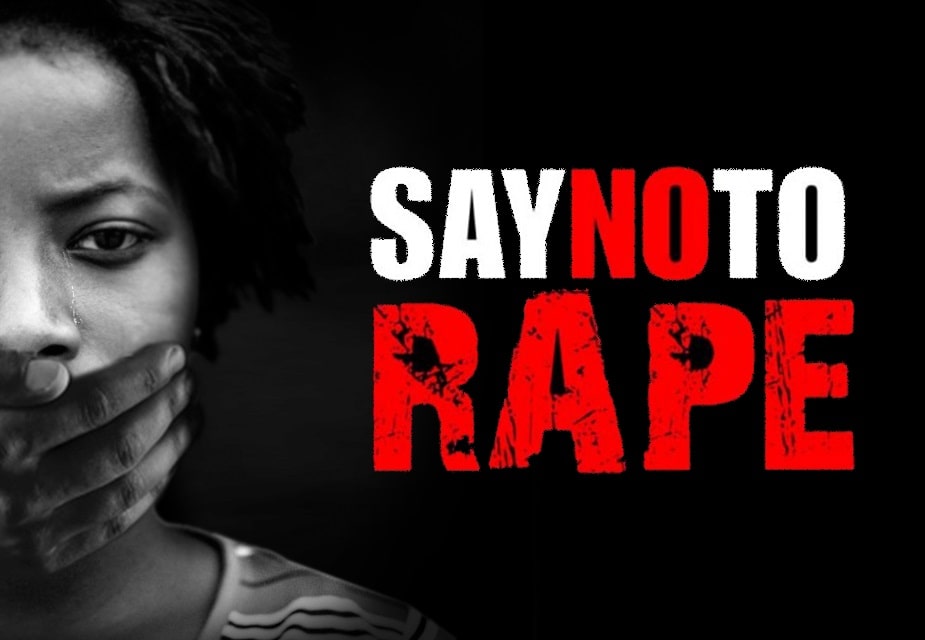BtS Vol 1, Issue 11: Ending the Rape Scourge in Africa

Worldwide, it is estimated that approximately 35% of women have faced some form of sexual harassment in their lifetime. Apart from the culture of the crime, rape is also one of the hardest crimes to prosecute. Sexual violence is not peculiar to Africa alone, in developed countries, the quality of investigation, access to evidence and impunity of perpetrators makes it increasingly difficult to prove. Nevertheless, African countries can do better in reducing rape if certain laws and policies are reviewed and thoroughly implemented. With the following African countries, South Africa (132.4), Botswana (92.9), Lesotho (82.7), Swaziland (77.5) making up the top four countries in the world with the highest rates of rape (number of incidents per 100,000 citizens), it calls for us to examine the deep, systematic dysfunction of African cultures and social norms that have not prevented and do not prevent sexual violence.
It is on this premise that StateCraft Inc. makes the following recommendations:
- Defining rape and other sexual atrocities
It is difficult if not impossible to solve a problem that has not been defined. This makes it important for countries to come to a concession of what rape is. For example, in Algeria, Article 336 of the Penal Code states that rape is a punishable offence, but have left the court to define what rape is when faced with cases. The lack of a clear definition of rape in Algerian law has made it difficult for women to report the crime and seek legal remedies.
- Re-educating the male child on consent
- Strengthening the Legal Process
- The Role of the Community


